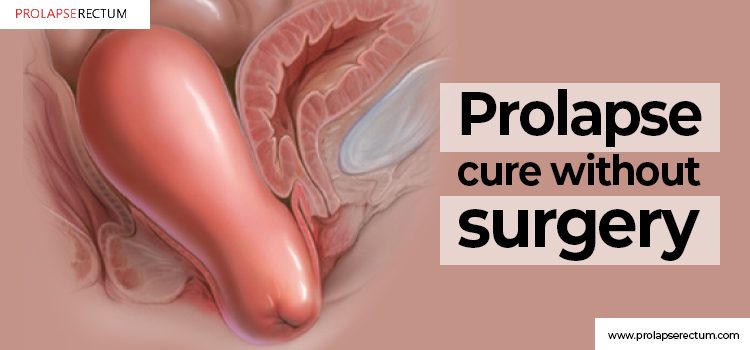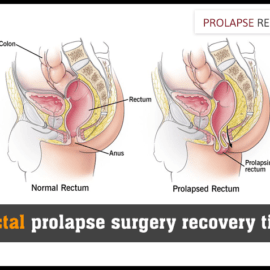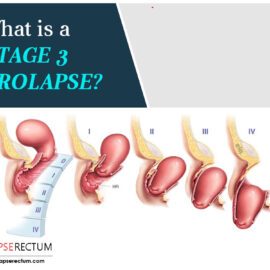
Treatment for pelvic organ prolapse is tailored to your age, medical history, previous operations, how much the symptoms interfere with your daily life, and if you want to get pregnant. Pelvic organ prolapse does not always worsen with time, and if the symptoms aren’t bothering you, you may not require therapy. Nonsurgical therapies for mild-to-moderate pelvic organ prolapse may relieve discomfort and strain while also preserving fertility if the uterus is prolapsed. Depending on the nature and degree of the prolapse, the expert physicians may advise you to utilize a vaginal pessary or pelvic floor muscle exercises, either together or independently. You can opt for Prolapse cure without surgery to ditch the surgical procedure.
Vaginal Pessary – A vaginal pessary is a removable device made of rubber or silicone that is placed into the vagina to hold prolapsed, or fallen, organs in place. It is often the first treatment recommended to women with pelvic organ prolapse. Women with mild-to-moderate prolapse are typically advised to use it. Doctors may offer a pessary to women who do not want surgery, either because they desire to get pregnant in the future or for other reasons. The pessary may be removed for cleaning and before to intercourse. A pessary may be fitted to your body, and your doctor can show you how to insert and remove it, as well as how to care for it. A specially designed pessary that stays in for two to three months at a time can be fitted and managed by your doctor for women who aren’t sexually active or who prefer not to manage a pessary. To assist avoid any irritation produced by the pessary, your doctor may prescribe topical oestrogen. Topical oestrogen comes in the form of a lotion or gel that is administered to the afflicted regions.
Exercises for the Pelvic Floor Muscles –Pelvic floor muscle exercises are meant to strengthen the pelvic and vaginal muscles and ligaments. Kegel exercises, in which you contract and release the pelvic floor muscles, are one of them. Pelvic floor exercises may help relieve the pain and discomfort associated with prolapse by strengthening muscles that support the pelvic organs. Your doctor may offer bowel movement retraining for rectal prolapse, which uses relaxation techniques to assist avoid strain.
We extend the best Prolapsed Rectum treatment for people suffering from such troubles. Connect with us to start your treatment right now!


